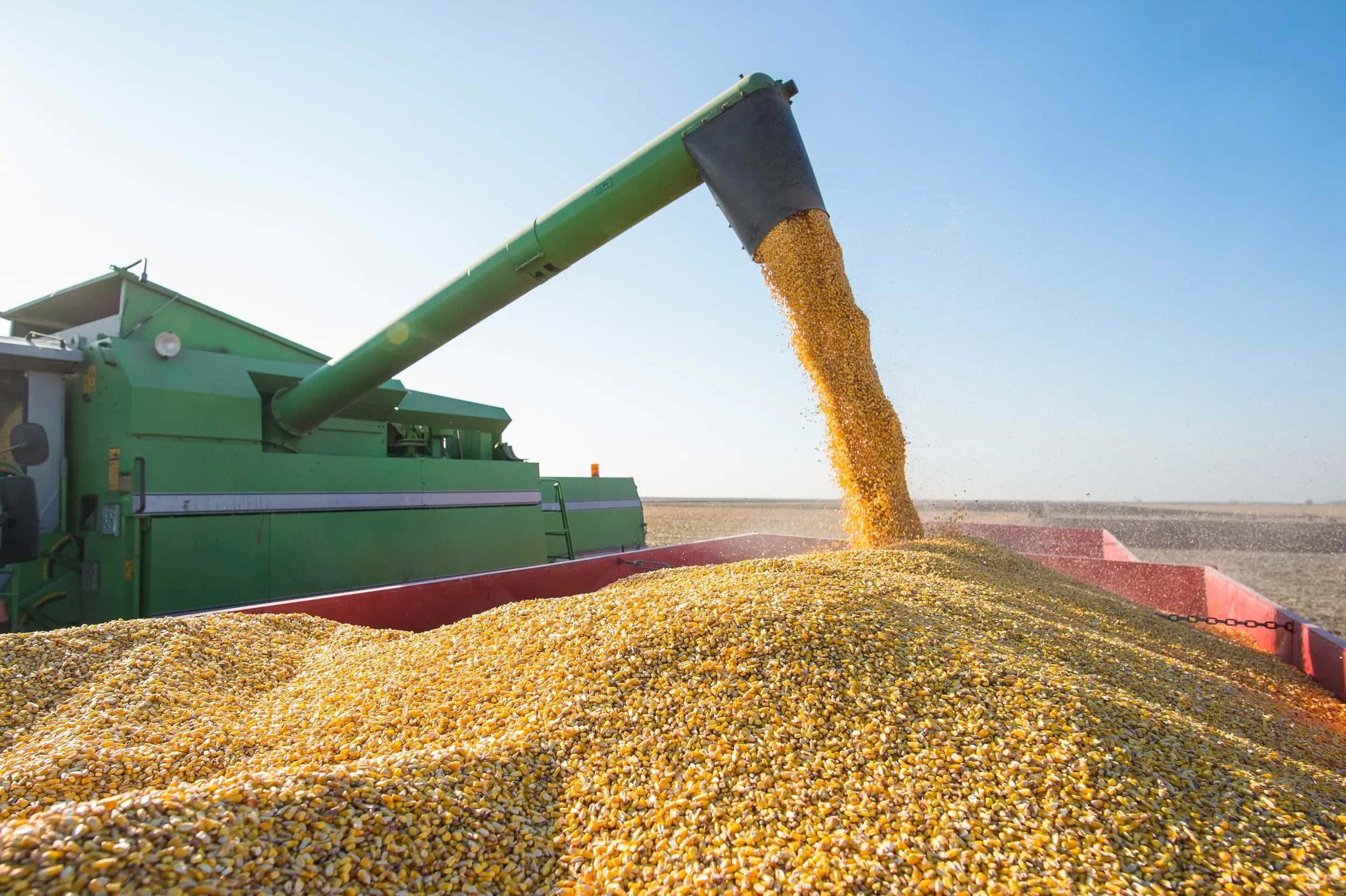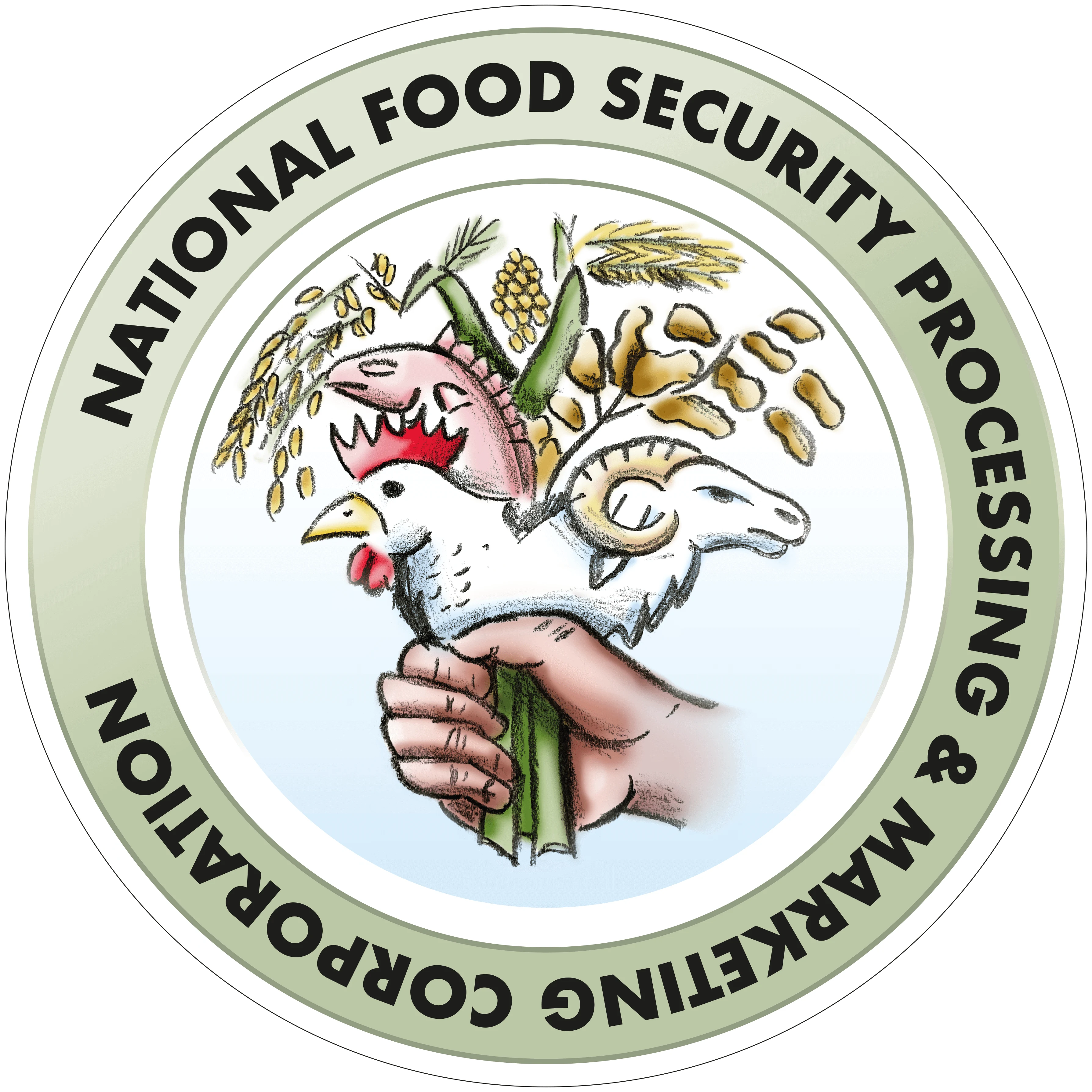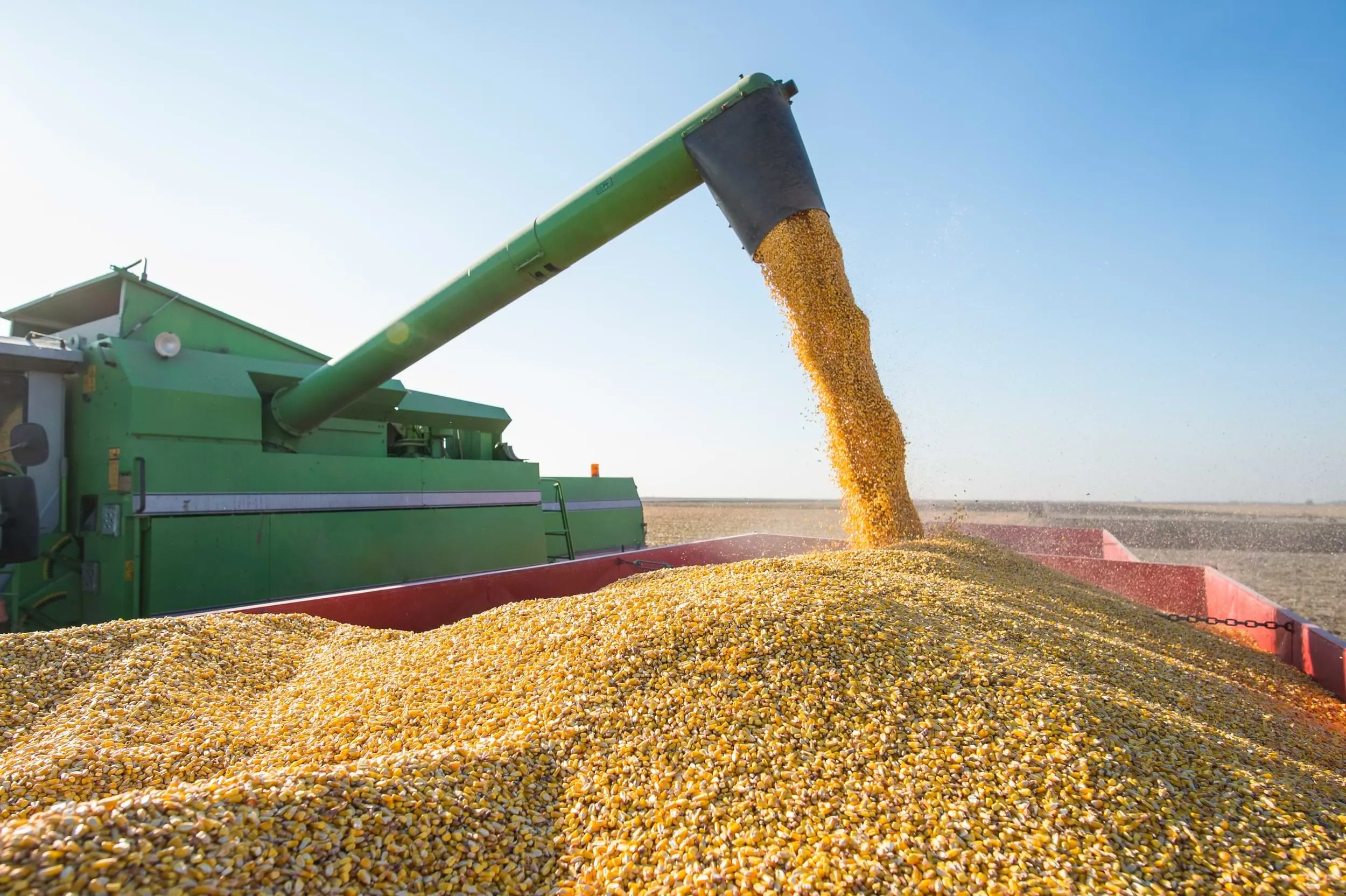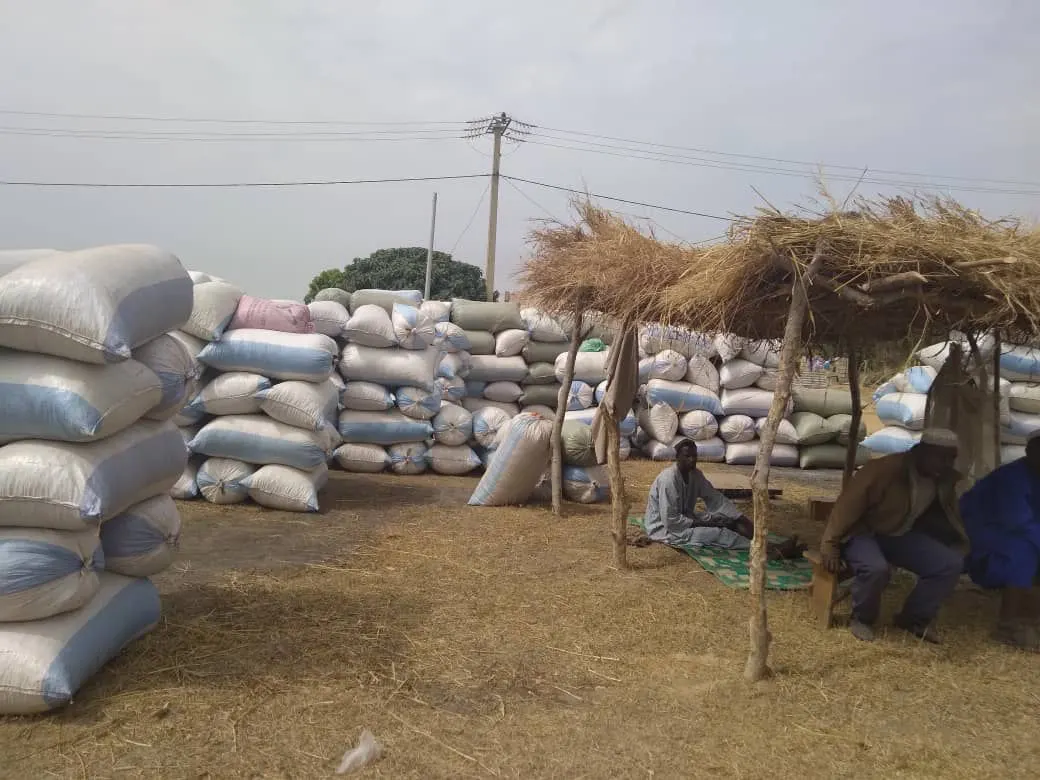The National Food Security Processing and Marketing Corporation (NFSPMC) plays a vital role in ensuring efficient logistics and supply chain management for agricultural commodities and essential food imports in The Gambia. By improving transportation, storage, and distribution, NFSPMC enhances food security, stabilizes markets, and supports farmers and traders in accessing markets.
KEY AREAS OF NFSPMC’S LOGISTIC SUPPORT
1. Transportation & Distribution Network
· NFSPMC operates a nationwide transportation system to move agricultural produce (groundnut) and food commodities efficiently using river transport and inland transportation.
· It ensures that farmers in rural areas have access to transportation for their groundnut products to reach the depots and processing centres.
· The corporation facilitates the distribution of imported food commodities (such as rice, sugar, vegetable oil, and flour) across the country.
2. Warehousing & Storage Facilities
· NFSPMC manages strategic storage facilities for crops such as groundnuts, rice, vegetable oil and plan to start the storage of maize, and millet.
· It has large-scale warehouses to prevent post-harvest losses and ensure steady food availability.
· Proper storage reduces food spoilage and stabilizes prices, especially during seasonal fluctuations.
3. Support for Farmers & Agribusinesses
· NFSPMC provides logistical support to farmers by ensuring timely collection of harvested crops.
· It works with cooperatives and traders to simplify the supply chain and reduce transportation costs.
· Through mechanization programs, NFSPMC supports efficient handling and movement of farm produce.
4. Import Logistics for Essential Food Commodities
· The corporation ensures smooth importation and customs clearance of staple food items.
· It collaborates with ports, customs, and transport operators to prevent delays in food distribution.
· By managing bulk shipments and inland transportation, NFSPMC prevents supply chain disruptions.
5. Challenges & Future Improvements
Challenges:
· Limited modern logistics infrastructure in the depots
· High fuel and transportation costs affecting supply chain efficiency.
· Need for better cold storage and preservation systems for perishable goods.
Future Plans:
· Investment in modern transport fleets to improve efficiency.
· Expansion of warehouse and storage facilities across the country.
· Strengthening public-private partnerships to enhance logistics operations.
6. Conclusion
NFSPMC’s logistics support is crucial for food security and economic stability in The Gambia. By improving transportation, warehousing, and distribution, the corporation ensures that both locally produced and imported food commodities reach markets efficiently. Continued investments in logistics infrastructure will further enhance the country’s ability to maintain a stable food supply and support agricultural development.








